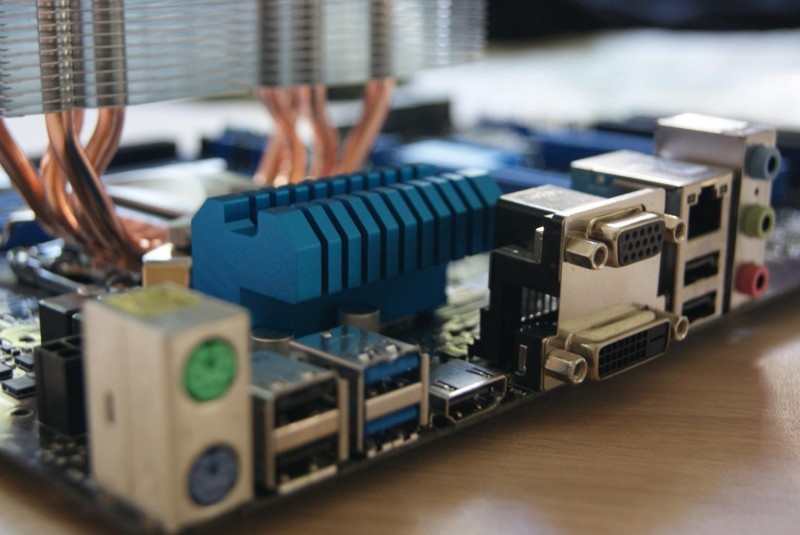
Image credit: Engineer Live
COVID-19 may have put a dampener on operations, but with more people staying home and having the time to sort through their things, Erth is expecting its e-waste recycling business to bounce back stronger than ever.
Founder Mohamed Tarek El-Fatatry says the movement control order (MCO) has caused a rapid surge in its order book, surpassing its entire value for 2019.
“While we were unable to fulfill the orders during MCO as recycling was not deemed an essential service, we expect the business to return stronger than ever once we could fulfill these orders, ” he says.
Recycling is nothing new. Even the concept of recycling e-waste, while relatively recent, is not something out of the ordinary.
But current events have once again shed light on sustainability and have encouraged more people to look at recycling their waste. Mohamed Tarek notes that people are becoming more aware of the pollution that is normally caused by human activities as they could see a difference in the environment when commercial activities plunged during the lockdown.
Additionally, as pockets become tighter, companies are looking at ways to bring in some extra income through recycling after the MCO reduced revenue.
Erth saw an opportunity in the e-waste space when the startup noted that there were gaps in the collection chain that it could fill.
According to the Department of Environment (DOE), the e-waste recycling rate in Malaysia is not more than 25%, which means hundreds of thousands of tonnes of e-waste are disposed of in landfills every year.
“Knowing the value of e-waste, as well as how much environmental damage is caused by improperly disposing old electronics in landfills, or improperly treating them, we did a survey in 2018 on why people do not recycle.
“The results showed that most people didn’t know that electronics do not belong in the regular trash, and the ones who did know said there was no easy and convenient way to dispose of them. A small minority who were familiar with recycling practices also said that the cash rewards given by the collection points were too low to make it worth their time, ” he says.
The startup also surveyed large licensed recyclers to find out why recycling rates have remained at 25% and discovered that recyclers preferred to collect big volumes of e-waste from large corporates and factories as collecting small quantities from millions of consumers was not profitable.
“Having discovered these bottle-necks, we went out to create Malaysia’s first e-waste collection service that provides 100% free pickup, pays higher cash rewards than recycling collection points and sends all the e-waste collected to licensed recovery factories only, to ensure the least negative effect to the environment, ” he shares.
Erth has served more than 1,000 clients in 2019 and processed over 100,000 kg of e-waste.
Mohamed Tarek says one of the biggest challenges for Erth is to encourage more people to recycle their e-waste.
“There are over 1.2 billion phones sold annually in South-East Asia. Big consumer electronics companies have the budget to advertise and spread the message for people to consume, but recyclers never have a similar marketing budget to ensure that whenever people buy a new device, they should recycle the old one, ” he says.
Erth is among the recent cohort of Cyberview’s Living Lab Accelerator programme.
Mohamed Tarek says when it first joined the programme, 80% of its focus was on consumer e-waste. But the startup has since learned to operate a more balanced operation with 50% from the business segment.
This has helped the company generate extra profits from its business-to-business transactions to build cash reserves and subsidise the expansion of its consumer business.
With the company back in full operations, Mohamed Tarek is expecting a strong boost in its volume and profits.
Source: https://www.thestar.com.my/business/business-news/2020/08/08/e-waste-brings-in-the-money

